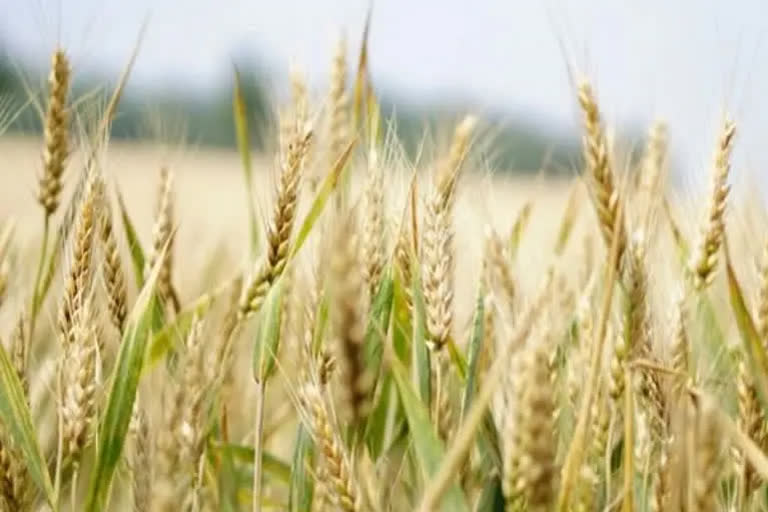New Delhi:The hampered supply chain due to the Russia-Ukraine war resulting in the global crisis of wheat brought an opportunity for India to increase its exports and project itself as a reliable supplier in the international market, it moved forward availing of the opportunity, but suddenly decided to ban wheat exports on May 13. This decision was reviewed by the Directorate General of Foreign Trade (DGFT), Department of Commerce on Tuesday, and the government announced some relaxation saying that those consignments registered before June 13 and handed over to the customs for examination will be allowed to export. As per the government, the previous order was issued to ensure India's food security and check inflation, but experts suggest that the situation would have been better managed without the imposed regulations.
Speaking to ETV Bharat, Chairman of the Indian Chamber of Food and Agriculture MJ Khan said that the possible reason for a sudden ban was the rise in consumer price because as per trends in the last 25 years "we have seen that government prefers consumers rather than market or farmers getting the better price. In the current scenario, a large number of private players were entering the market to buy wheat as global demands were rising. Also, the harvesting season in India was matching this rising global demand. Thus India was emerging as a reliable supplier and even those countries that never procured from India were in the queue to add India as a new destination. Countries like Egypt, Turkey and African countries are among them. However, the estimated yield was revised recently and it was around five to six million tonnes less than the previous estimate of 112 million tonnes. This is also one of the reasons why this sudden decision came in," he added.
The government procurement by FCI has also been low due to less yield and rising demand this season. With private players offering more price than MSP, farmers preferred to sell in the open market, which brought down the government procurement to less than half of what it procured during the previous year. Last year the government procured a record 433 lakh metric tonnes of wheat, but this year's estimation is around 200 lakh metric tonnes only. As per the government, low procurement would affect their buffer stock and PDS quota, but Farmers' Groups and experts have been saying that the government has enough stock in hand and it should not be bothered too early.
